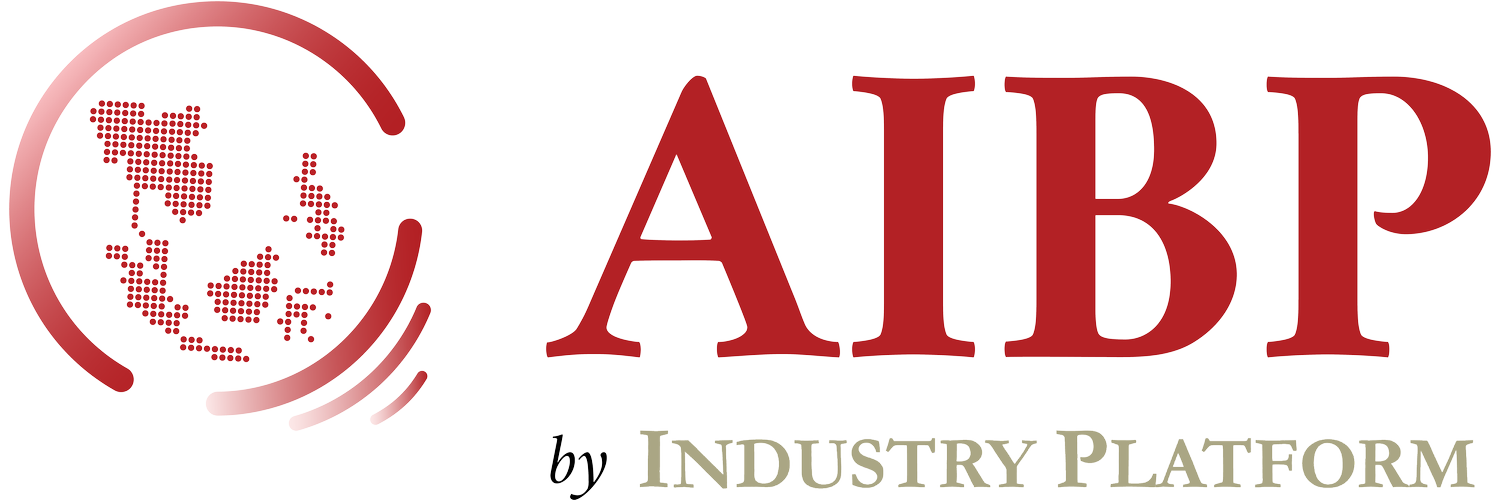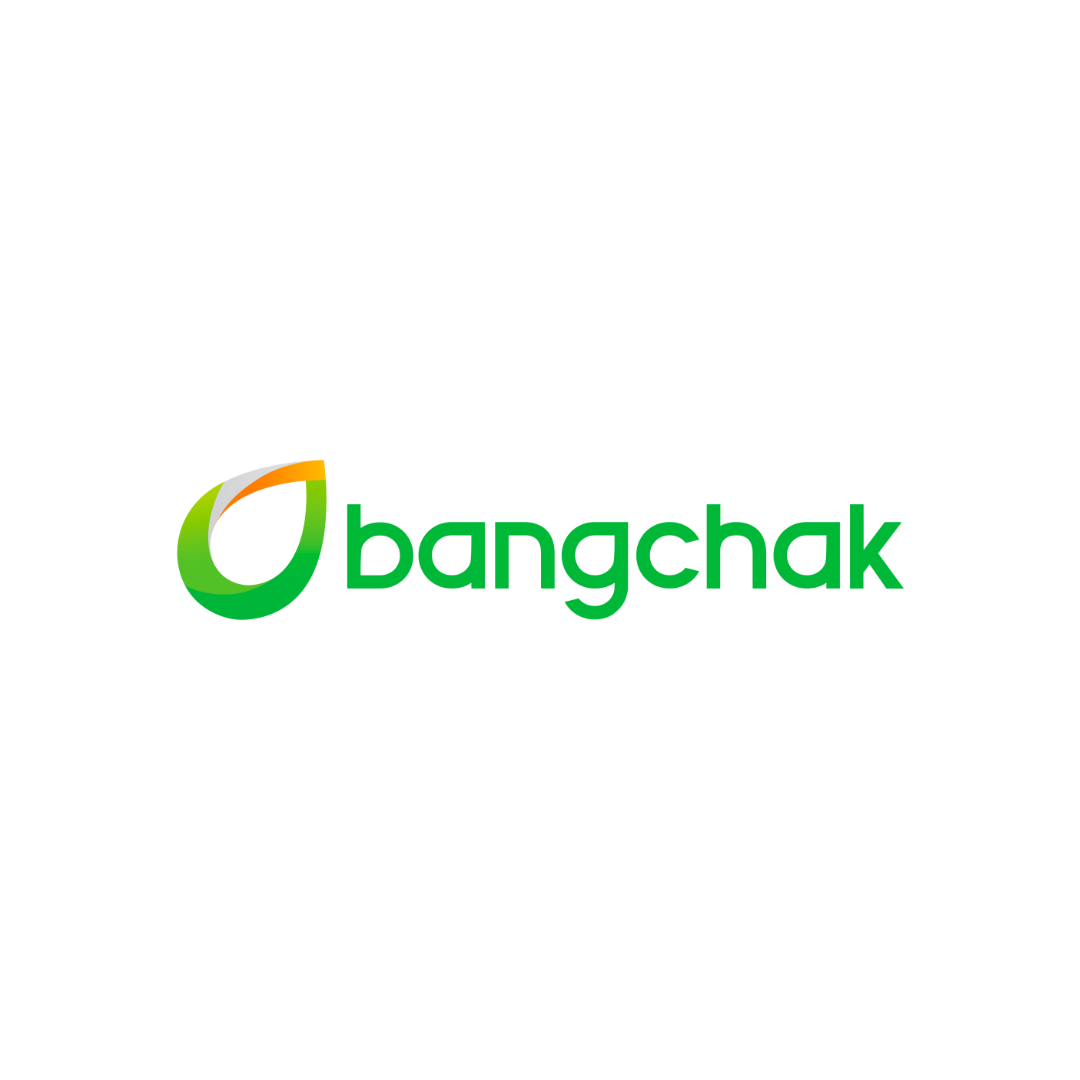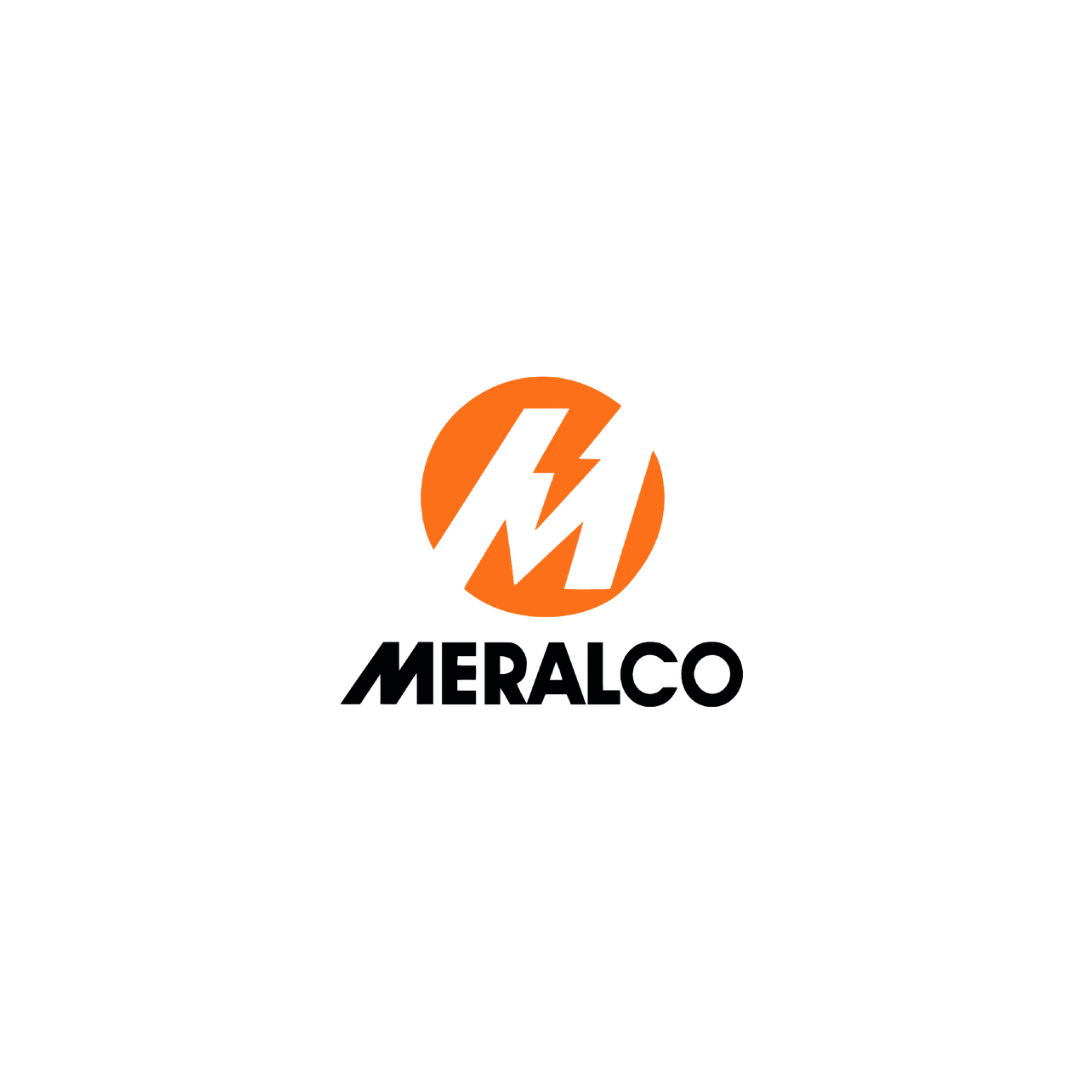Bank Mandiri: Building an Integrated Value Chain Ecosystem with AI & ML
Project Summary
Established in 1998, Bank Mandiri is listed on the Indonesia Stock Exchange with assets amounting US$ 114.1 billion (IDR 1638.238 trillion) and a market capitalisation of US $23.7 billion (IDR 340.408T). They are the largest bank in Indonesia in terms of assets, loans and deposits, and the third largest bank in Indonesia by market capitalisation.
As of 2020, Bank Mandiri employs 38,247 people.
The Integrated Value Chain Ecosystem project allows the bank to gain more market share of the wholesale banking segment. The project, one of the firsts in Indonesia's financial services industry, employs AI and machine learning to analyse patterns in the ecosystem's data while also extracting valuable data for their clients and themselves. Bank Mandiri has the ability to comprehend the interactions that exist between their clients and their own ecosystem of suppliers, distributors, and retailers.
Being a closed loop ecosystem, all data acquired is subjected to their data governance principles and is only utilised within the bank. Furthermore, data is no longer stored in silos, and they regularly solicit feedback from their internal stakeholders to better understand how the Ecosystem can be improved. The project's findings enable Bank Mandiri to offer individualised financial services and solutions that are tailored to their clients' needs.
In the age of big data, this project's potential for growth is limitless. The source of data and information to extend the network is growing in the next era of Industry 4.0 and open banking. Hence, this project could be the start of their digital ecosystem approach.
TransJakarta:
Smarter, Customer-centric Transportation and Mobility
Project Summary
Transjakarta commenced operations in 2004, and is the longest Bus Rapid Transit (BRT) in the world, covering 251.2 km in total distance, serving more than 100 million passengers yearly, with a bus fleet of more than 3000. About 98% of Transjakarta’s total revenue of US$214 Million is generated from ticketing.
Transjakarta’s digital passenger platform promises end-to-end solutions for the customer, featuring a bus registration system and bus checking, which will be supplemented by modules such as operational planning, mileage achievement by system, and engine monitoring. As of 2021, US$7.4 Million has been processed on the platform. The transport provider has also implemented face recognition ticketing for enhanced customer experience.
Transjakarta seeks to expand their revenue streams by scaling the platform into a bigger digital ecosystem integrating e-commerce, loyalty programmes, financial services, et cetera in the future. Tibco provides the middleware and API management to support expansion and faster ecosystem creation, and Palo Alto next generation firewall has been implemented for visibility of both business and security.
Integration with other public transportation modes is also within focus in the next few years. Transjakarta is also building shelters that support ticketing integration, as they explore the use of technology such as AI, IoT with new data structures that support streaming analytics to meet passenger demand.
Carsem M Sdn Bhd: Automation and Digitalisation to be Lean, Green & Productive
Project Summary
Founded in 1972, Carsem M is a leading provider of turnkey packaging and test services to the semiconductor industry, offering one of the largest package and test portfolios in the world. Together, Carsem M (Malaysia) and Carsem SZ (Suzhou, China) are now one of the world's largest independent semiconductor sub-contract assembly houses, producing over 100 million units per week, with more than 65 percent of this volume shipped as fully tested products. Carsem currently employs over 6,000 people in Ipoh, Perak, and approximately 2,000 people in Suzhou, China.
Carsem M has taken three initiatives in the last year as part of their digital roadmap, which will be replicated in other Carsem factories in the coming years.
First, Carsem M's Fourth Industrial Revolution (IR4.0) and Go Green initiative to reduce paper usage through digitisation and data automation improves productivity. Digitisation and automation result in significant reductions in paper usage and increases in productivity – all paper is systemised, and more than 80% of data is auto-populated into the system.
Second, Automation - Auto Track is an initiative that assists Carsem M in increasing productivity. This initiative aims to automate machines so that they can run with less human intervention.
Third, as paper-based data management can be a bottleneck in this era of digital technology and network communication, slowing factory-wide information transfer, Carsem M's Digital Transformation to a Paperless Shop Floor is implemented, where the Automated Tester Summary Software Bin is utilised.
All three initiatives were carried out in a single factory, and now that they have proven successful, Carsem M plans to replicate the process in other factories by 2022. They are a component of Carsem's overall digital transformation strategy, as the company intends to be 100 percent automated in order to achieve the highest quality with zero defects.
Sarawak Energy Berhad: Surging Ahead in the Digital Revolution of Electric Utilities
Project Summary
Founded in 1932, Sarawak Energy is the electric utility company of the Malaysian state of Sarak. It is 1 of Malaysia’s 3 electrical companies and has a generation capacity of 5,306MW of electricity. Sarawak Energy has a workforce of approximately 5,000 employees, serving over 3 million customers.
Sarawak Energy is focusing on data as a strategic asset. Under the Digital Power Plant initiative, the utility piloted the Performance Monitoring System (PMS) for the Sejingkat and Balingian coal-fired power plants to monitor efficiency and performance status of critical components to maintain near best achievable efficiency. This contributed to fuel cost savings of approximately RM2.6 million per year. Sarawak Energy has also successfully completed a POC to demonstrate remote operability of the Batang Ai HEP from their headquarters.
Under the Smart Retail initiative, e-Customer eXperience (eCX) for online electricity supply applications was implemented. Integrated Customer Care Centre (CCC) with upgraded CRM and Contact Centre increased the Service Level percentage from 77% to 94%. Customer Satisfaction Index (CSI) rating increased from 79.7% in 2020 to 81.8% in 2021 following the launch of Sarawak Energy's first Chatbot, Carina.
Sarawak Energy currently has 3 major business digital blueprints: the SEB Power Digital Blueprint for remote monitoring and diagnostic, and generation transformation, the SEB Smart Grid Blueprint covering remote monitoring and control system, smart access control and surveillance, and Retail Transformation covering Advanced Metering Infrastructure. Sarawak Energy is exploring Virtual Reality for technical training, and blockchain to be applied in wholesale energy market and competency certificates tracking.
Bangkok Bank: Developing Blockchain Applications for Trade Finance
Project Summary
Established in 1944, Bangkok Bank is the largest bank by assets in Thailand (US$ 127.76 billion; THB 4.276 trillion), and has a market capitalisation of US $ 6.82 billion (THB 228.106 billion). Bangkok Bank has a global presence in 330 locations and currently employs 22,963 people.
Bangkok Bank and its partners established "Contour" in 2021 to revolutionise international trade transactions valued at US $18 trillion. This completely digitises letters of credit. Contour employs Distributed Ledger Technology (DLT), also known as enterprise blockchain, to improve and digitise the entire trade finance process, making it faster and more efficient while also allowing clients to conduct digital transactions along the process. As opposed to typical paper-based transactions, partners will be able to see real-time information, guaranteeing that the transaction is quick, transparent, and low-cost.
Contour was built on R3's CORDA Enterprise Blockchain and has been successfully tested in 14 countries by 50 banks and partner firms. It can shorten the transaction time in half, from 5-10 days to under 24 hours, or 90 percent faster.
Bangkok Bank demonstrated practical improvements through its ongoing development of financial technology. Enterprise blockchain transforms traditional trade finance by offering customers with cutting-edge technology and innovative services. Furthermore, the bank intends to commercialise Distributed Ledger Technology trade services and expects to make them available to its other trade finance customers.
Bangchak Corporation PCL:
Efficient Fueling & Carbon Neutral 2030: Innovations from Refinery to Retail
Project Summary
Established in 1984, Bangchak Petroleum PCL (BCP) has 3 core businesses, an oil refinery currently operating in Bangkok with a 120k barrels per day capacity, a retail & marketing segment distributing its refined oil products via petrol stations and power generation as alternative energy, mainly solar, wind and biofuel, through subsidiaries like BCPG, which is listed on the Stock Exchange of Thailand (SET). Bangchak’s market capitalisation stands at US$1.05 Billion (THB 35 Billion) and employs over 1,200 people.
With its core business in petroleum refining and products, Bangchak’s goal is to enhance national energy security and expand new investments to ensure business sustainability. The utility has expanded its businesses to oil trading, green power, bio-based products, and natural resources and business development.
An IoT system was installed throughout refining plants to monitor and increase operational reliability of machinery under Plant Maintenance & Optimized Warehouse. Smart Logistics and Inventory Management (SLIM) was implemented to reduce logistics management costs, increase transportation efficiency, and support inventory planning. In addition, the Process Simulation project was developed to integrate and forecast the refinery planning and scheduling. Bangchak’s OT system is also certified ISO/IEC 27001 standard. The use of data analytics enabled cost savings from oil loss during transmission by ship, and reduced processing time.
In collaboration with Krung Thai Bank, Bangchak developed a POC for a first-of-its-kind payment platform to offer integrated fuel points-accurring payment services through the “Fast and Trust” Digital Payment system. This eliminates physical contact with cash, allowing for shorter service time per vehicle from 3 to 2 minutes per vehicle and increased customer satisfaction. RPA systems serve to increase productivity and decrease processing time for supporting business, including business partner verification, S/S maintenance planning, and payment processing.
Bangchak also plans to develop new digital initiatives and scale-up existing initiatives to support the company's strategy, offering digital payment options to all service stations, enhance RPA to Intelligent Automation, develop more applications with low-code platforms, and scale up data analytics with Machine Learning and Deep Learning.
Ayala Land: IT Service Automation for Enhanced User Experience
Project Summary
Ayala Land Inc. is the largest property developer in the Philippines with 12,483 hectares in their land bank, 30 estates, and presence in 57 growth centers across the country. They were the real estate division of Ayala Corporation until it fully branched out on its own in 1988. The developer has a solid track record in developing large-scale, integrated, mixed-use, and sustainable estates that are now thriving economic centers, with an estimated market capitalisation of US$10.4 Billion, and a workforce of 33,040 employees as of 2020.
To provide a seamless experience for users of enterprise applications and technology services across the group, the Enterprise Technology Division developed the Assistme IT service application. Assistme seeks to enhance customer experience, use process automation with end-to-end integration across different applications to deliver a service, build an SAP Segregation of Duties validation for audit compliance, as well as increase configurability so it can be rolled out across their SBUs with a total user base of 21,000+. Customer Experience was improved as evident by reduction in ticket cancellation and lower average resolution time. 28% of Tickets through the service desk are handled by Automation.
Assistme’s technology stack includes Outsystem (low code platform-as-a-service), Automation Anywhere for RPA, IBM App Connect as the integration platform, and Power BI for the service dashboard. Assistme's automated and integrated services provided more efficiency using a service-oriented architecture design. The design of the technology stacks will serve as a model for developing apps for Ayala Land’s future digital initiatives.
Meralco: Transformation of Utilities Distribution Powered by Technology and Tradition
Project Summary
Meralco is the largest private sector electric distribution utility in the Philippines. It covers 36 cities and 75 municipalities, with a franchise area of 9,685 square kilometers. This coverage is just 3% of the land area of the Philippines, but accounts for 55% of the country’s electricity output. Celebrating 118 years of service in 2021, the Company is committed to providing reliable and affordable energy. With a market capitalisation of US$6.6 Billion, Meralco’s workforce stands at close to 6000 employees.
The company’s digital transformation is driven by external and market forces, its 3Cs (Customer, Community, and Country). Meralco’s digital transformation encompasses 3 areas of initiatives: customer, grid, and enterprise.
Customer Initiatives:
To address concerns on timeliness of meter readings, a Meter Reading App was implemented which optimized routing to ensure timely meter readings; eliminated re-reading with meter photo capture for proof; and reduced errors via notification for high variance in reading
Real-time Payment Validation App prevented “salisi” service disconnection (happens when a customer paid after field crew has received the disconnection orders) for more than 2500 cases
Contact Center Automation helped agents be more efficient in handling customers over different channels, featuring Virtual Customer Assistant which handled more than 200,000 transactions
Grid Initiatives:
Modernizing telecommunications infrastructure to support distribution automation and to expand advanced metering
Machine learning and data models improved hit-rates on maintenance of distribution transformers, protecting more than 180,000 customers and 130,000 customers from potential outages respectively
Enterprise Initiatives:
RPA was implemented to increase workflow efficiency
Meralco will continue to maximize its data by converting these to insights – from dashboards to more advanced machine learning – and utilize these to accelerate efficiency and growth by facilitating data-driven decisions. Meralco’s workforce will be made ready for current and future demands of the business through the Citizen IT Program.
Mavin Group:
Digital Transformation From Farm to Table
Project Summary
One of the top 10 agribusinesses in Vietnam, Mavin Group is a fully integrated farm-to-table business established in 2004 and headquartered in Hanoi. Their business covers feedmills, veterinary medicine, and food manufacturing plants and farms, and employs 2500 employees throughout Vietnam. Mavin Group has been listed on the VNR500 every year since 2014, with estimated revenues of US$175 million in 2017.
Having grown from one feed mill to a complex end-to-end farming supply chain enterprise, Mavin Group started a 5-year (2019-2023) digital transformation program to remain competitive and build the most innovative digital company in Vietnam’s agricultural industry. The program includes 4 key pillars: ERP, Cloud Computing, Digitalizing, Smart Farming.
In 2021, Mavin Group implemented cloud-based enterprise resource planning (ERP – SAP S/4Hana) system for animal feed, foods and veterinary medicine arms, with future plans to migrate the farm business to the cloud and apply ERP. The business is in the early stage of implementing HR software which will create an HR Core Foundation for all employees, including digital self service, standardized master data and HR processes, for an integrated, future-oriented HR system.
Following the shift to the cloud and adoption of ERP, the company is able to access accurate real-time information and data which assists in analysis of their procedures and processes along the supply chain, as well as to better understand their customers’ needs.
Mavin Group is currently exploring the use of drones and handheld applications in the relatively near future, and looking forward to the potential of smart farming, smart agriculture, and the Internet of Things.
TP Bank: Harnessing Digital Technologies for Seamless Customer Journeys
Project Summary
Tien Phong Commercial Joint Stock Bank (TPBank) was founded in 2008. As of 7 December 2021, TPBank is the 30th largest company on the Vietnam Stock Exchange with a market capitalisation of US$ 220 million (VND 55.069 trillion).
TPBank employs approximately 7,000 employees, with nearly 4 million individual and corporate customers.
TPBank has developed various forms of banking digitisation through a comprehensive digital transformation strategy.
TPBank LiveBank 24/7 provides customers with 90 percent of the products and services available at a traditional branch via video calls with remote advisors, and has received a lot of positive user feedback.
Second, the TPBank Mobile application (eBank) allows it to offer a variety of financial products through the use of Open APIs with fintechs and other providers. It became the first e-banking application in Vietnam to successfully deploy electronic Know Your Customer (e-KYC) in 2020, allowing customers to open bank accounts entirely online. Customers can also use the app to open virtual mPlus debit cards.
Finally, TPBank has accelerated its back-end while digitising the front-end. It makes the most of the Robotic Process Automation (RPA) application, with a go-live speed of 5 Bots/week. RPA is used to digitise and automate service/product processes, with the goal of directing customers to a digital-first operating model that reduces interactions at physical points.
TPBank is continuing to build and improve existing products by incorporating new technologies, collecting and analysing data, and researching new technologies and trends to better serve customers by creating seamless customer journeys within TPBank's digital ecosystem.











